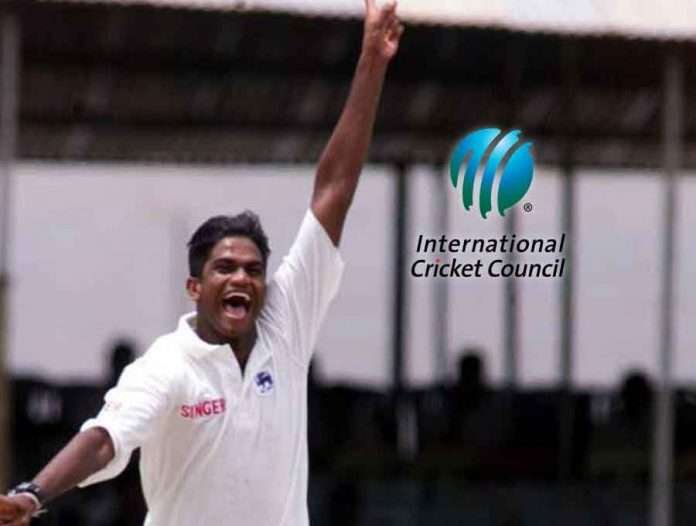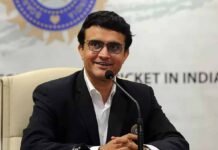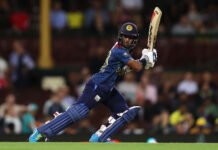The International Cricket Council has handed former Sri Lankan cricketer and coach Nuwan Zoysa a six-year ban. The ICC Anti-orruption Tribunal has found him guilty of breaching the ICC Anti-Corruption Code.
The ban has been enforced with retrospective effect – from October 31, 2018, when Zoysa was provisionally suspended for corruption charges.
Alex Marshall, ICC General Manager – Integrity Unit, said: “Nuwan played 125 matches for Sri Lanka, attending a number of anti-corruption sessions during a decade-long international career.
“In his role as a national coach, he should have acted as a role model. Instead, he became involved with a corrupter and attempted to corrupt others.
“Contriving to fix a game betrays the basis of sporting principles. It will not be tolerated in our sport.”
As previously advised, following full hearings and presentations of written and oral argument, the Tribunal found Zoysa guilty on the following counts:
Article 2.1.1 – for being party to an agreement or effort to fix or contrive or otherwise influence improperly the result, progress, conduct or other aspect(s) of an International Match.
Article 2.1.4 – Directly or indirectly soliciting, inducing, enticing, instructing, persuading, encouraging or intentionally facilitating any Participant to breach Code Article 2.1.
Article 2.4.4 – Failing to disclose to the ACU full details of any approaches or invitations received to engage in corrupt conduct under the Code.
Zoysa has also been charged by the ICC on behalf of the Emirates Cricket Board (ECB) with breaching three counts of the ECB Anti-Corruption Code for Participants for the T10 League and these proceedings are ongoing.
In May 2019, the ICC had charged Zoysa for breaching four counts of the ECB Anti-Corruption Code for Participants for the T10 League (the ‘Code’) along with another former Sri Lankan cricketer Avishka Gunawardene for two counts.
The charges relate to the T10 Cricket League played in the UAE in December 2017. The ICC was appointed by the ECB as the Designated Anti-Corruption Official for the purposes of the ECB’s Code for this tournament and as such are issuing these charges on the ECB’s behalf.





